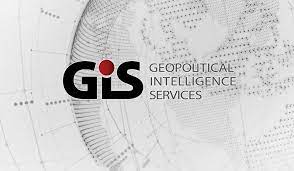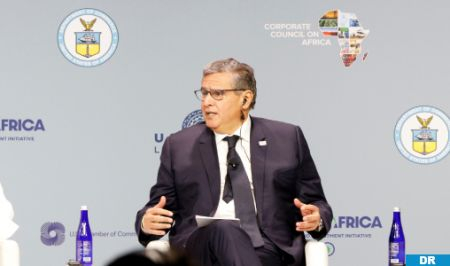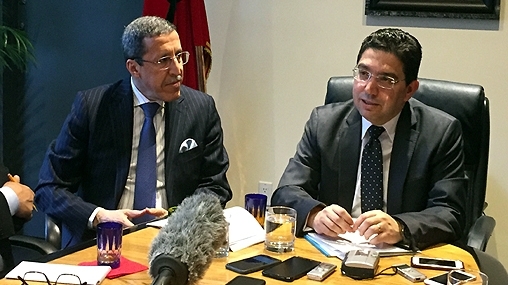The crisis between Morocco and Algeria over the Sahara is “highly unlikely” to turn into an armed conflict at least in the immediate term, according to an analysis published by Geopolitical Intelligence Services (GIS), based in Liechtenstein.
In an Op-Ed penned by Federica Saini Fasanotti, the author, who is a military historian, says tensions remain high between the two neighboring countries over the Sahara but other priorities will likely constrain the conflict.
“Europe is keen on maintaining calm in a region already shaken by the Libyan civil war”, she explains, affirming that “a military conflict between Morocco and Algeria now would also harm energy agreements and benefit no one”.
The GIS analysis dismisses the possibility that the Algerian regime would accept the Moroccan stance and focus on energy crisis caused by the Russian war, shifting attention on its foreign relations, especially with European countries, deeming the rivalry with Morocco as unnecessary and ultimately counterproductive.
The scenario of escalating tensions between Morocco and Algeria is the most likely in the short term, underlines the GIS analysis in its geopolitical forecasts.
The report also tackles Algeria’s relationship with Spain, saying that Algiers’ harsh response to Madrid’s policy change looks to be more bark than bite as the Algerian regime has other priorities looking beyond the Mediterranean, and these include its own repositioning on the global stage as a major energy exporter.
In July 2022, Morocco recalled its ambassador to Tunis and did not attend an African investment conference after Tunisian President Kais Saied hosted Polisario Front leader Brahim Ghali, recalls the author of the Op-Ed.
Saied’s move shows how difficult it is for Tunisia to abandon Algeria in favor of Morocco as Algeria supplies about two-thirds of the natural gas needed by Tunisia as well as significant volumes of electricity, explains the GIS report.
GIS was founded in 2011 by Prince Michael of Liechtenstein to provide business leaders, senior managers, and policymakers with intelligence and scenario-based geopolitical economic and other relevant forecasts to inform their strategic decision-making.
GIS reports provide insight into the geopolitical trends that are critical for decision-makers to understand.



